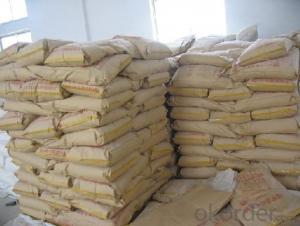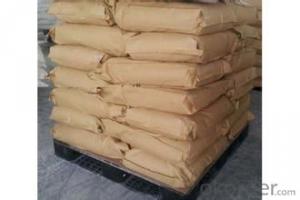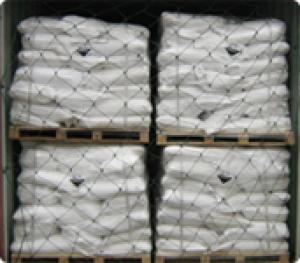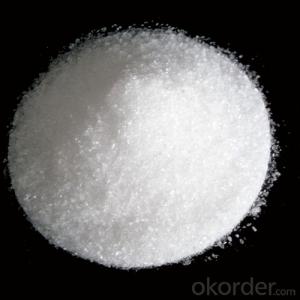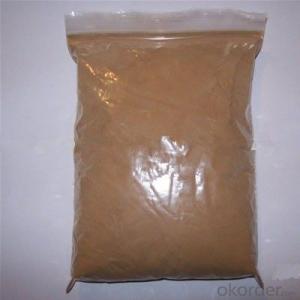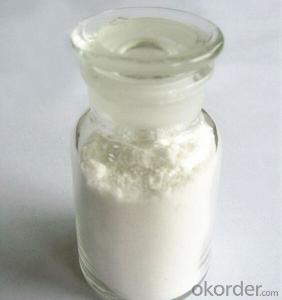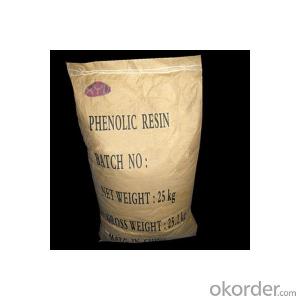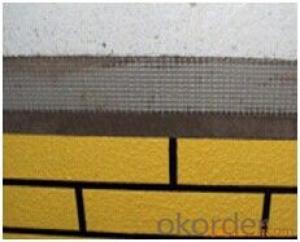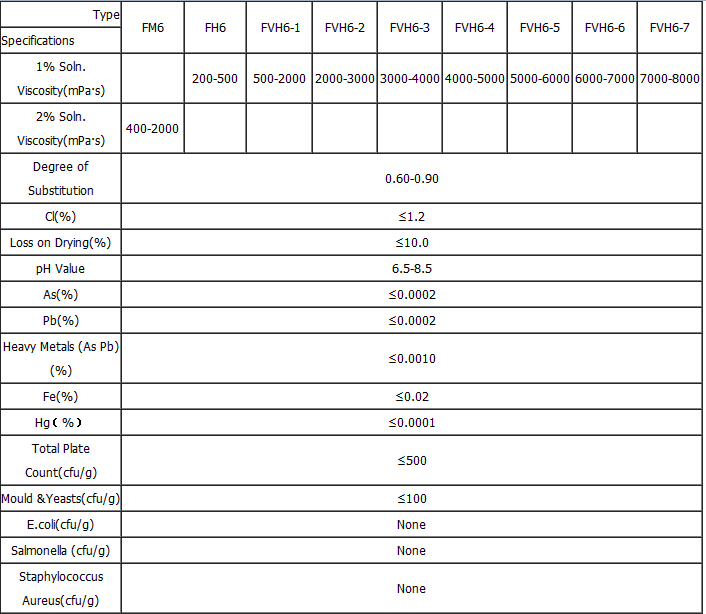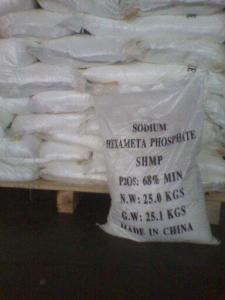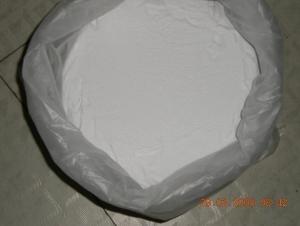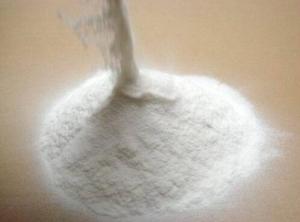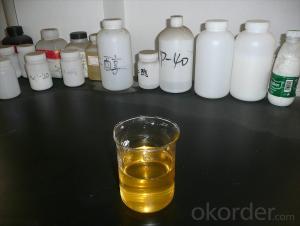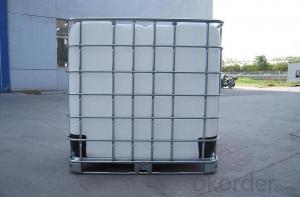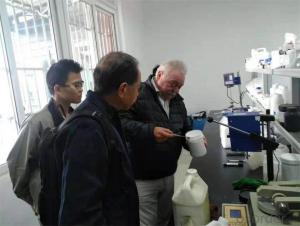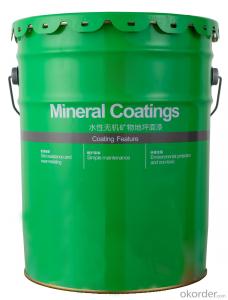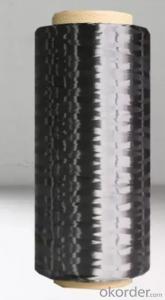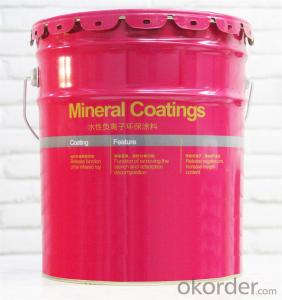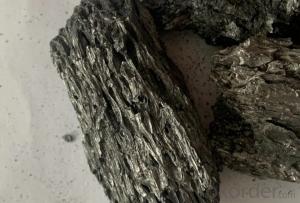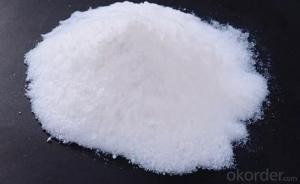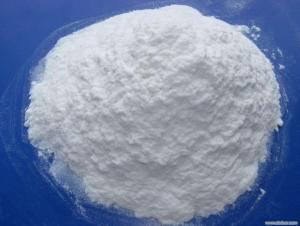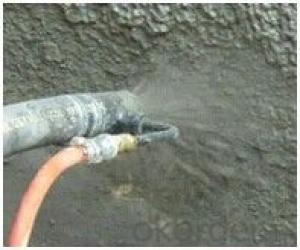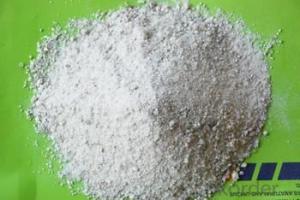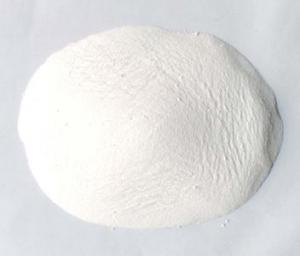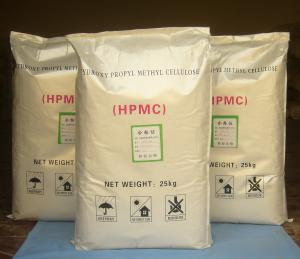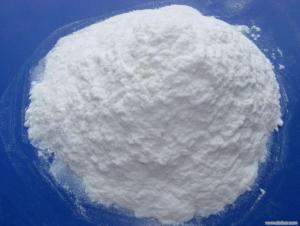Food Grade CMC Carboxymethyl Cellulose FVH6-A1
- Loading Port:
- Shanghai
- Payment Terms:
- TT OR LC
- Min Order Qty:
- 20 m.t.
- Supply Capability:
- 8000 m.t./month
OKorder Service Pledge
Quality Product, Order Online Tracking, Timely Delivery
OKorder Financial Service
Credit Rating, Credit Services, Credit Purchasing
You Might Also Like
| Food Grade CMC Used as additive in food field, CMC has the functions of thickening, suspending, emulsifying, stabilizing, shaping, filming, bulking, anti-corrosion, retaining freshness, acid-resisting, health protecting, etc. It can replace the application of guar gum, gelatin, agar, sodium alginate, and pectin. It is widely used in modern food industry, such as frozen food, solid drink, fruit juice, jam, lactic acid drinks, condiment, biscuit, instant noodles, bakery products, meat products, etc. Our food grade CMC has good thickening property, water retention, dispersion stability, filming and chemical stability. It has high viscosity even in low concentration, and makes the food taste delicate and smooth; it can reduce the syneresis of food and extend the shelf life; it can control the crystal size in frozen food and prevent the stratification between oil and water; In acid system, our anti-acid products have good suspending stability, so it can improve the stability of milk and the impedance ability of protein; our CMC can be used together with other stabilizers and emulsifiers to complement each other, strengthen each other’s effect and reduce the cost. |
|
Technical Specifications of Food Grade CMC(1)
|
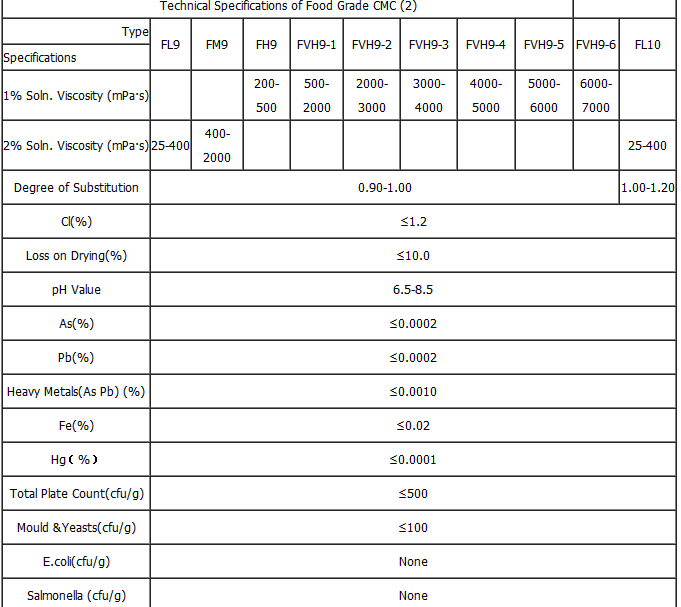 |
- Q:My Ford Taurus will shift smoother when I add a additive, only for a few days. What can I use to make it shift
- Lucas Oil makes a very super product that should help. it quite is noted as transmission fix. It lubricates greater suitable than the traditional transmission fluid through fact it quite is made to lubricate, unlike your established transmission fluid it relatively is synthetic basically as a hydraulic fluid to rigidity the fins and different functioning area of your computerized transmission.
- Q:What brand of white vinegar is no additives who can tell me about,
- In general, white vinegar is blended with vinegar, there will be no additives, and your mouth of the additives I do not know is not a preservative, the market will see the number of food will be added preservatives, or two or three days, up to a week Metamorphism.
- Q:Are there any additives in the peanut oil of various brands in the supermarket? Is there something like fragrance? Feeling with their own peanut oil taste is not the same, their bar is very mellow fragrance.
- To understand this problem need to know the factory production of peanut oil method, the current peanut oil production there are two main methods: squeeze and extraction method Pressing French oil is squeezed by peanut deformation, into a cake, friction heat, protein denaturation, Enzyme passivation and oil separation, water evaporation and a series of changes in the resulting peanut oil. Belong to the more traditional methods of oil, for example, the landlord is using their own pressing method. Extraction method extraction method is also called leaching French oil, is dissolved with oil solvent oil. At present, in the cost and technical point of view, the extraction solvent used n-hexane (petrochemical products) our country more use of light gasoline (60 type synthetic solvent) From this point of view, the pressing process belongs to the physical process, and extraction is a chemical process. In principle, are in line with national standards, but I personally think that pressing or better. Some manufacturers use the first press, after the extraction, the purpose is to improve the oil production rate, reduce costs but claim that they are using press method. Also may be mixed oil, that is, peanut oil and low-cost vegetable oil (such as palm oil) blending blended peanut oil. Because it is factory production, need to consider such as production efficiency, oil quality, impurities, technical processes, production costs and other factors. So the taste of oil with the traditional manual press method is certainly not the same.
- Q:Is it really true that Additives & stimulants help for quality growing? ?
- It depends what they are, and whether your plants are growing near to their optimum level. Overall, if your plants are getting high quiality nutrition and good levels of lighting, then you'll get good quality productive plants. There are 'miracle' cures out there, but much of it is hype and, in my opinion, prays on the grower who is not a horticultural scientist. Overall, if you can apply organic grade additives then you'll not affect the ability of your plants to be nutritious and fulfilling etc. This also depends on how you're growing, as soil based growth is likely to provide most nutrients that plants want, hydroponically grown produce should have its input tailored to what you're growing, as well as its position in the growth cycle. I recommend researching the individual plant types that you're growing - some have greater difficulty with the uptake and utilisation of certain nutrients, but these are the rarity, and not the norm. Plants naturally contain hormones etc, and can usually produce them in sufficient quantity to manage their growth, flowering and seed production. If you've got products in mind, compare similar products as it's easy to pay too much for roughly the same stuff. That's if you really need it, of course. Edit your question if you've got any specifics, otherwise feel free to message me for any other advice. Hope this helps. Good luck! Rob
- Q:I‘ve got an older car. A ‘95 Saturn with 141,000 miles. I‘ve just noticed lately that it hasn‘t been getting as good of mileage. First, those fuel additives you see in the store(like GumOut), are they worth adding to your gas tank? I know they claim to be an injector cleaner and fuel system cleaner. Are they a waste of money/screw up my car? Or worth it?Second, how often should you get a tune-up? I get my oil changed regularly but what about a full tune-up and what exactly should they be doing with a tune-up? I think my last one was 3 years ago.
- if you reprogram the computer and put on a high flow exhaust it works, other than that save your money.
- Q:I had a small drip between my trasfer case and transmission on my 94 Jeep Grand Cherokee, I took it to a couple of really busy transmission shops and was advised by both they could repair for $500-$700 or I could put Trans X in to soften the seal It workedno more dripNapa said I can keep it in and not worry about it, but a friend told me it needs to be drained due to debris could now be in trannyHow long should I run before draining? I have no problem with the cost of draining and new trans filterjust need to know for sure I should do it!
- If it ain't broke don't fix it. If your tranny has debris the filter screen will catch it. If the filter screen becomes clogged and needs replacing you will have problems with your car shifting or fully engaging in gear. Why spend money and time on a problem that don't exist?
- Q:statistics question: an auto parts company advertises that its special oil additive will make the engine run smoother, cleaner, longer, with fewer repairs. an independent laboratory decides to test part of this claim. it arranges to use a taxicab company‘s fleet of cars. the cars are randomly divided into 2 groups. the companys mechanics will use the additive in one group of cars but not in the other. at the end of a year the laboratory will compare the percentage of cars in each group that required engine repairs.a) what kind of a study is this?b) will they do a one- tailed or a two-tailed test?c) if the cabs with the additive do indeed run significantly better, can the company conclude it is an effect of the additive? can they generalize this result and recommend the additive for all cars? explain
- ro a) what kind of a study is this? 2-Proportion Z-Test b) will they do a one- tailed or a two-tailed test? This is a 1-tailed test since the researchers are expecting the additive to produce a lower percentage of repairs. p2 p1 If it was a 2-tailed test, the researchers would only want to see that the percentage of repairs between the two samples are different, but not necessarily higher or lower. p2 ≠ p1 c) if the cabs with the additive do indeed run significantly better, can the company conclude it is an effect of the additive? There is always a possibility of confounding influences. For example, it does not say that this is a double-blind test where neither the taxi drivers or the researchers are unaware which cars have the additives. It will be in the researchers advantage if they can influence the results because it will benefit them financially. can they generalize this result and recommend the additive for all cars? explain Not really, since not all cars are put through the amount of driving a taxicab goes through. For example, a grandma who only drives to church on Sunday would not likely see any benefit. Hope that helps
- Q:What is the meaning of sp in food additives?
- A.SP cake emulsifier (emulsifier), used to help the cake emulsification and foaming effect, save the cake to pass the time and can enhance the cake's elasticity and pull.
- Q:My 2002 E39 never burned any oil. All of a sudden it is starting to use 1 quart every 2 to 3 thousand miles. I dont see any drips so I am surmising it is burning it. A few days ago when I started the car a large cloud of smoke came out of the exhaust. I wiped the exhaust with my finger and it was oily. It only did this once but it seems coincidental. The car has 103,000 miles and is a Salvage Title so I don‘t want to throw a bunch of money in it. Is there an additive or perhaps another suggestion as to what I might check or do?
- one quart every 2 to 3 K miles isn't much, that's within spec on a newer car. That's at most 1 quart between oil changes If the only time you see smoke is when you start it, it's probably getting through the valve seals. you could try one of those additives that help seals, sometimes they work, sometimes not. As long as your not leaving a blue cloud behind wherever you go, I would just check the oil regularly and add when needed.
- Q:Im looking for the oil additive they call free?
- Oil additives are junk and can actually ruin your engine. If they were so great, then the racing teams would use them. I have a degree in chemistry, and can tell you that Slick 50 (teflon) and all the rest are a waste of money. Keep your oil changed on a regular basis (3000-5000 miles depending on your driving) and your motor will run smoothly for a long time.
1. Manufacturer Overview |
|
|---|---|
| Location | |
| Year Established | |
| Annual Output Value | |
| Main Markets | |
| Company Certifications | |
2. Manufacturer Certificates |
|
|---|---|
| a) Certification Name | |
| Range | |
| Reference | |
| Validity Period | |
3. Manufacturer Capability |
|
|---|---|
| a)Trade Capacity | |
| Nearest Port | |
| Export Percentage | |
| No.of Employees in Trade Department | |
| Language Spoken: | |
| b)Factory Information | |
| Factory Size: | |
| No. of Production Lines | |
| Contract Manufacturing | |
| Product Price Range | |
Send your message to us
Food Grade CMC Carboxymethyl Cellulose FVH6-A1
- Loading Port:
- Shanghai
- Payment Terms:
- TT OR LC
- Min Order Qty:
- 20 m.t.
- Supply Capability:
- 8000 m.t./month
OKorder Service Pledge
Quality Product, Order Online Tracking, Timely Delivery
OKorder Financial Service
Credit Rating, Credit Services, Credit Purchasing
Similar products
New products
Hot products
Hot Searches
Related keywords

